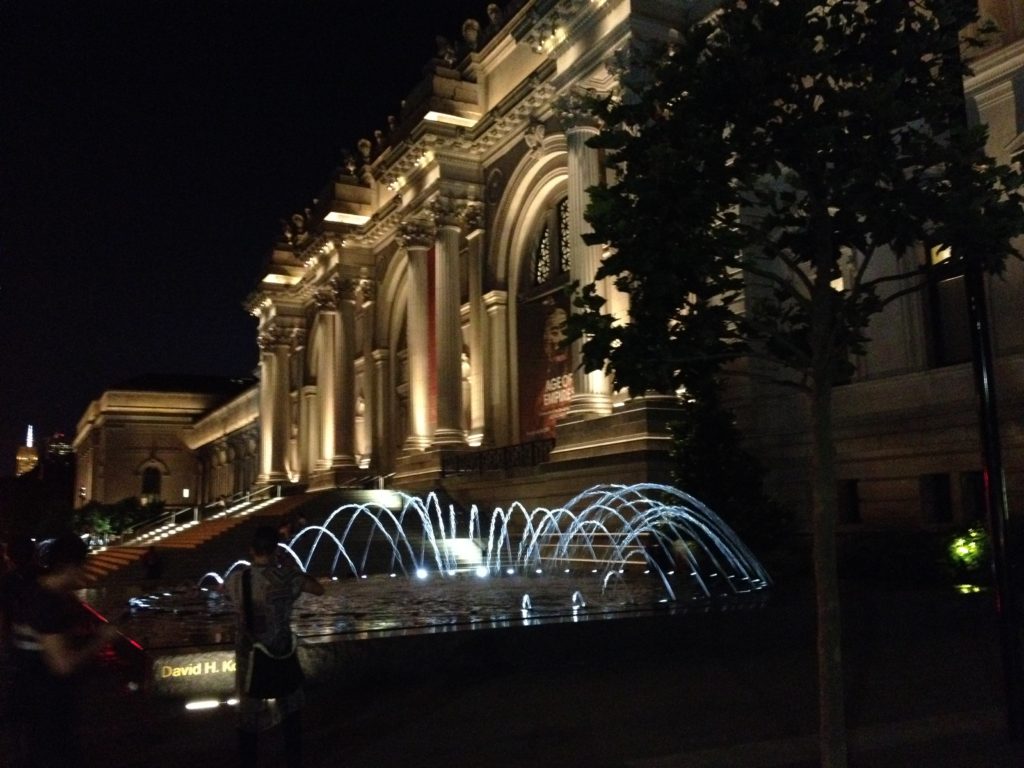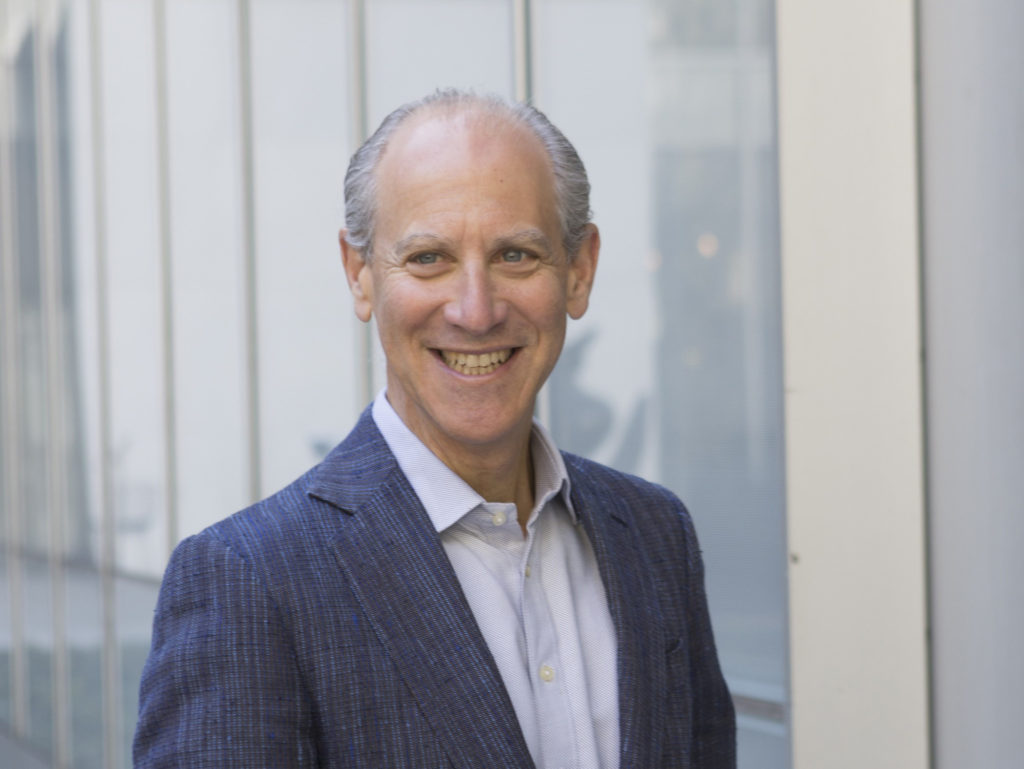I have not waded into either of the debates that are raging across the art museum world at the moment. So far, I’ve avoided commenting on the deaccessions planned by the Berkshire Museum in Pittsfield, Mass., which has been tied up in the court system for months, and the LaSalle University Art Museum in Philadelphia, which has enraged the art world. And I’ve not said anything about the Met’s new admissions policy either.
 The explanation–two cliches. First, it’s deju vu all over again. Second, quoting Shakespeare, “It is a tale told by an idiot, full of sound and fury signifying nothing.”
The explanation–two cliches. First, it’s deju vu all over again. Second, quoting Shakespeare, “It is a tale told by an idiot, full of sound and fury signifying nothing.”
Neither explanation means that I agree with the decisions of these museums–though I have more nuanced views than some critics. But the question, really, is what can be done. In at least two cases, not much. So is outrage the right response? Each case is distinct.
The Met first: some people have muddled the issue with extraneous “arguments,” for example that David Koch’s donation to build the fountains out front should not have been accepted but should instead have been used to cover admissions. I wrote here in 2014 that they were a mistake–but the mistake was the museum’s, not Koch’s. To cite him as the villain here–partly because most of the art world disagrees with his politics–is not helpful. Donations to museums by people with strong political views–yes, those you disagree with–are necessary, and those kinds of comments will only make matters worse. Besides, givers have every right to decide how they want their money used; it then becomes the museum’s decision whether or not to accept. Period, full stop.
Here’s another fallacy regarding the Met’s policy: that admissions fees are keeping people away. Well, yes and no. As the research cited by this article in ArtNet indicates–and other research I am familiar with–fees are not the main issue here. Focusing on them distracts museums from the bigger issues, which involve peer group perceptions, lack of education, misunderstanding about what to expect in a museum, and much more.
Second, the deaccessions: I believe in the end that the Berkshire Museum will, unfortunately, get a go-ahead from the courts. The problem there began when trustees changed the mission statement, moving away from art and more toward history and natural science. I’ll bet that decision, too, was made because art can be a hard sell (especially when trustees have a cursory knowledge of how to change that) and the trustees/director wanted high visitor numbers. The rewriting process they used seemed to lack transparency and community involvement, but–sorry to say–I don’t believe that is illegal.
LaSalle is more egregious–selling art to fund other aspects of a university’s operations. LaSalle is a member of the American Alliance of Museums, which has condemned the sale along with the Association of Art Museum Directors (of which it is not a member), and they have begun talks. Persuasion–or a revolt by donors and alumni, as happened with the Rose Art Museum at Brandeis a few years back–is the only tool available right now. I hope for the best but have my doubts that it will work.
 Most unhelpful at this time was Glenn Lowry’s comment to Charlotte Burns on her podcast on Jan. 11. He said:
Most unhelpful at this time was Glenn Lowry’s comment to Charlotte Burns on her podcast on Jan. 11. He said:
I have very strong opinions about de-accessioning…I don’t believe you should de-accession to fund operating costs. I think that is a categoric mistake.
But I do believe that one should de-accession rigorously in order to either acquire more important works of art or build endowments to support programming. Because for me, in the end, it’s all about being sufficiently well-capitalized to program intelligently and to have as few works of art in storage as possible. It doesn’t benefit anyone when there are millions of works of art that are languishing in storage. …we would be far better off, in my opinion, allowing others to have those works of art that might enjoy them, but even more importantly, converting that to endowed funds that could support public programs, exhibitions, publications.
…there isn’t a single museum in this country—and I put The Museum of Modern Art in that—that is doing a great job of programming, because we don’t have the resources to do that. What we should be doing should be ten times what we’re currently doing.
I’m glad he opposes deaccessioning to fund operations, that he agrees that collections should be shared with less-well-off museums (something I have written here many times), and that museums should (try to) do more programming.
But what I fear about his deaccessioning endorsement is that we will have more Albright-Knox examples–selling off the old to buy the new. Rather, as many museum directors have told me, museums should be deaccessioning many of the mistakes they made acquiring 20th century and maybe even 21st century art, decisions influenced by market forces rather than curatorial judgment. (Just try separating them!).
But museums won’t do that for fear of offending living artists and/or living collectors, who may be donors now or some day.
That would take real courage.
In the meantime, I fear that Lowry’s comments will be misused by those who do not understand museums to allow cases like LaSalle.
